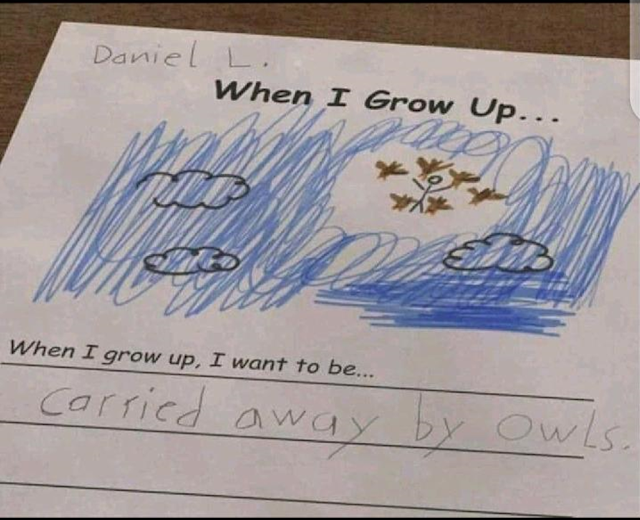Navigating Unhealthy Comparison Among Students: A Path to Self-Confidence
Students today have access to a wealth of information, which frequently leads to unfavourable comparisons with their peers. Social media, academic pursuits, appearances, and even life are all put to the test, causing students to question their own worth. This procedure has the potential to have a major impact on one's mental health, self-esteem, and academic success. In this section, we will look at strategies for assisting pupils in overcoming negative comparisons and developing confidence.
1.
Self-awareness is essential.
Encourage
students to become more self-aware. Assist them in identifying their strengths,
weaknesses, and distinguishing characteristics. A strong sense of trust can be
developed by better knowing individuals. Remind them that making mistakes is
natural; no one is blameless.
2.
Concentrate on personal development
Change your
focus from competing with others to competing with yourself. Encourage pupils
to establish and track their own goals. They feel a sense of accomplishment
independent of external commitment when they observe their own growth over
time.
3. Keep
social media comparisons to a minimum.
Unfavourable
comparisons can flourish on social media. Teach children how to use it
creatively. Encourage them to eat small amounts of food that motivate and
encourage them rather than prompting emotions of inadequacy. Remind them that
what they see on social media is frequently distorted reality.
4. View
failure as a learning experience.
Failure is a
natural aspect of life and how we learn and grow. Help youngsters learn that
mistakes and losses do not define them. Encourage children to view failure as a
necessary step towards achievement.
5. Promote
Open Communication
Create a safe
setting for children by addressing their feelings of assessment and inadequacy.
Give them a safe space to express their concerns and seek advice from friends
or mentors.
6. Encourage
Healthy Competition
When it is
about non-public progress and self-improvement rather than outdoing others,
competition can be beneficial. Encourage pupils to participate in sports where
they can challenge themselves in a supportive environment.
7. Exercise
Gratitude
Assist students
in creating thanksgiving preparation. Encourage children to think about what
they like about themselves and their lives on a regular basis. Gratitude might
help them shift their focus from what they lack to what they have.
8. Seek
Professional Assistance
If a student's
feelings of inadequacy and evaluation are seriously affecting their well-being,
consider recommending professional counselling or therapy. External suggestions
might sometimes provide useful ways for dealing with these emotions.
Conclusion
Dealing with negative comparisons is an important skill for students to learn. We can assist students develop resilient self-confidence in the face of external challenges by encouraging self-focus, promoting private growth, and building a supportive environment. Remember that each student is unique, and their path to self-esteem may differ as well, so patience and compassion are essential. We will empower college students to succeed by embracing their uniqueness and recognising their inherent worth.








Comments
Post a Comment